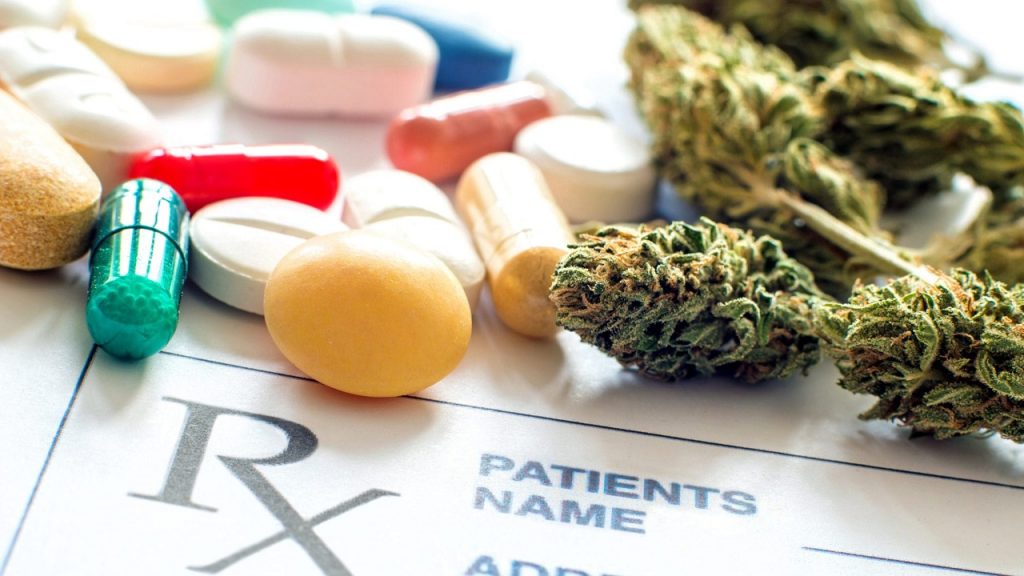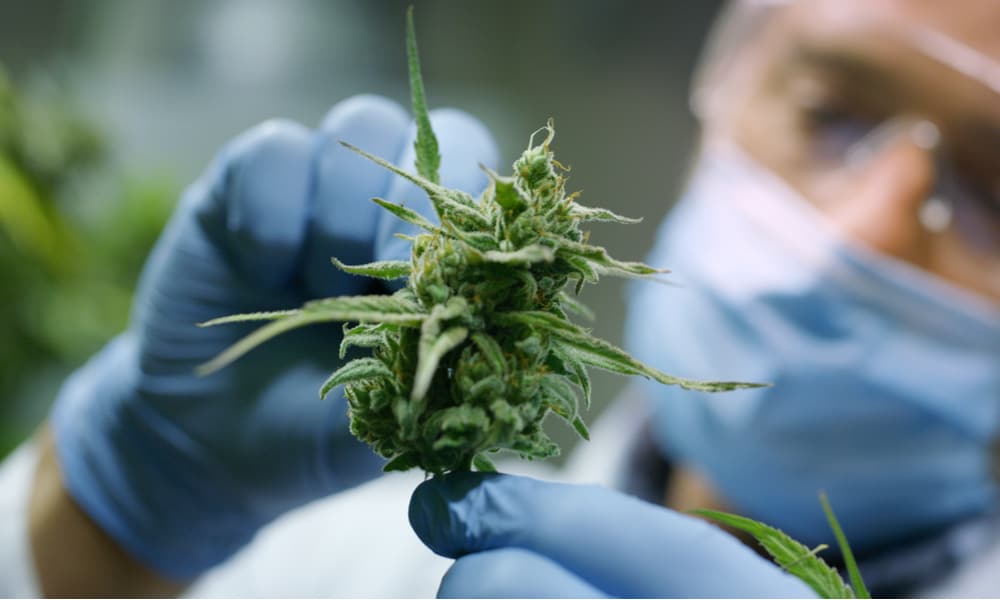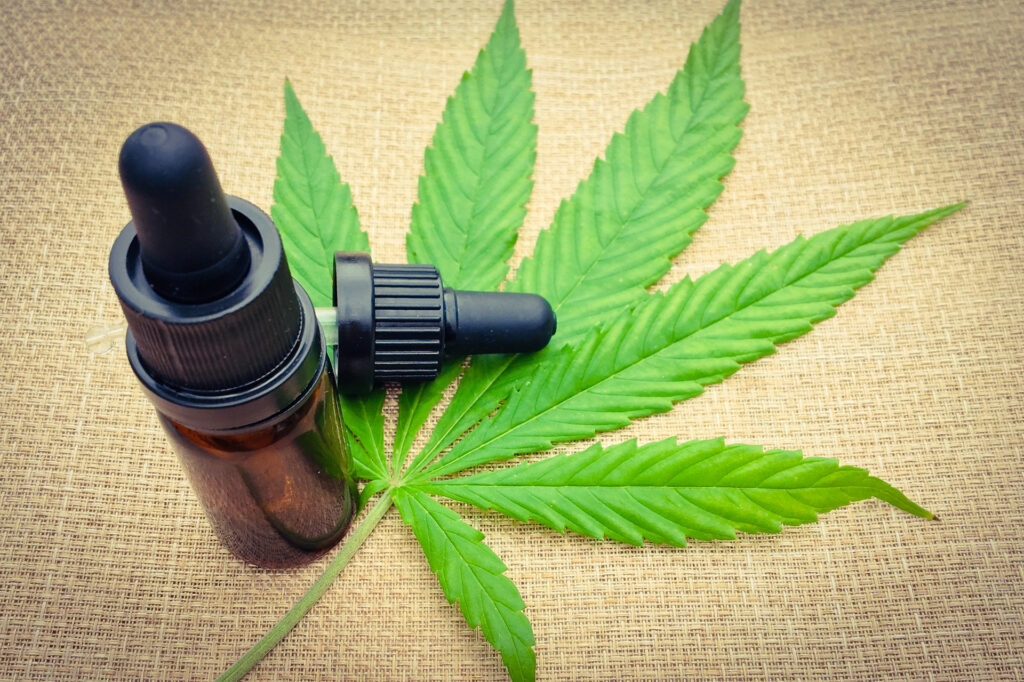The research, published last month in the Journal of Psychopharmacology, found “behavioral economic evidence that cannabis access may modestly reduce demand for opioids in persons who have pain.” The team of researchers used an online survey to assess the frequency and dependency of cannabis and opioid use in adults who were treating pain.
“Adults reporting current use of opioids for pain management and past 30-day cannabis exposure…completed two hypothetical purchase tasks in which only grams of cannabis or units of participants’ index opioids were available for purchase, and two hypothetical tasks in which both were concurrently available and the price of one drug increased whereas the other was kept constant,” they wrote.
They found that demand intensity was “significantly reduced” and that demand elasticity significantly increased for both cannabis and opioids “when the alternate commodity was available, although the reductions in cannabis consumption were more pronounced than they were for opioid consumption in the presence of the alternate commodity.”
The results, they concluded, point to an “opioid-sparing effect in this population,” although they noted that “additional clinical studies…are warranted.”
Plants Over Pills?
Advocates and researchers have long held up marijuana as a safer alternative to prescription painkillers, which have been known to lead to long-term, and even deadly, addictions in patients who are treating pain. A separate study published late last year in “PLOS Medicine” found that individuals who use cannabis on a daily basis were 50 percent less likely to use opioids everyday.
“We observed an independent negative association between frequent cannabis use and frequent illicit opioid use among people who use drugs with chronic pain,” the study said.
Opioid abuse has become an epidemic in the United States, driven at least in part by doctors overprescribing painkillers. According to the National Institute on Drug Abuse, more than 130 people die each day in the United States from overdosing on opioids.
In addition to supplanting painkillers as a treatment, cannabis may also serve as an effective method to wean individuals off opioid addiction, which in some states is a qualifying condition for a medical marijuana prescription.





